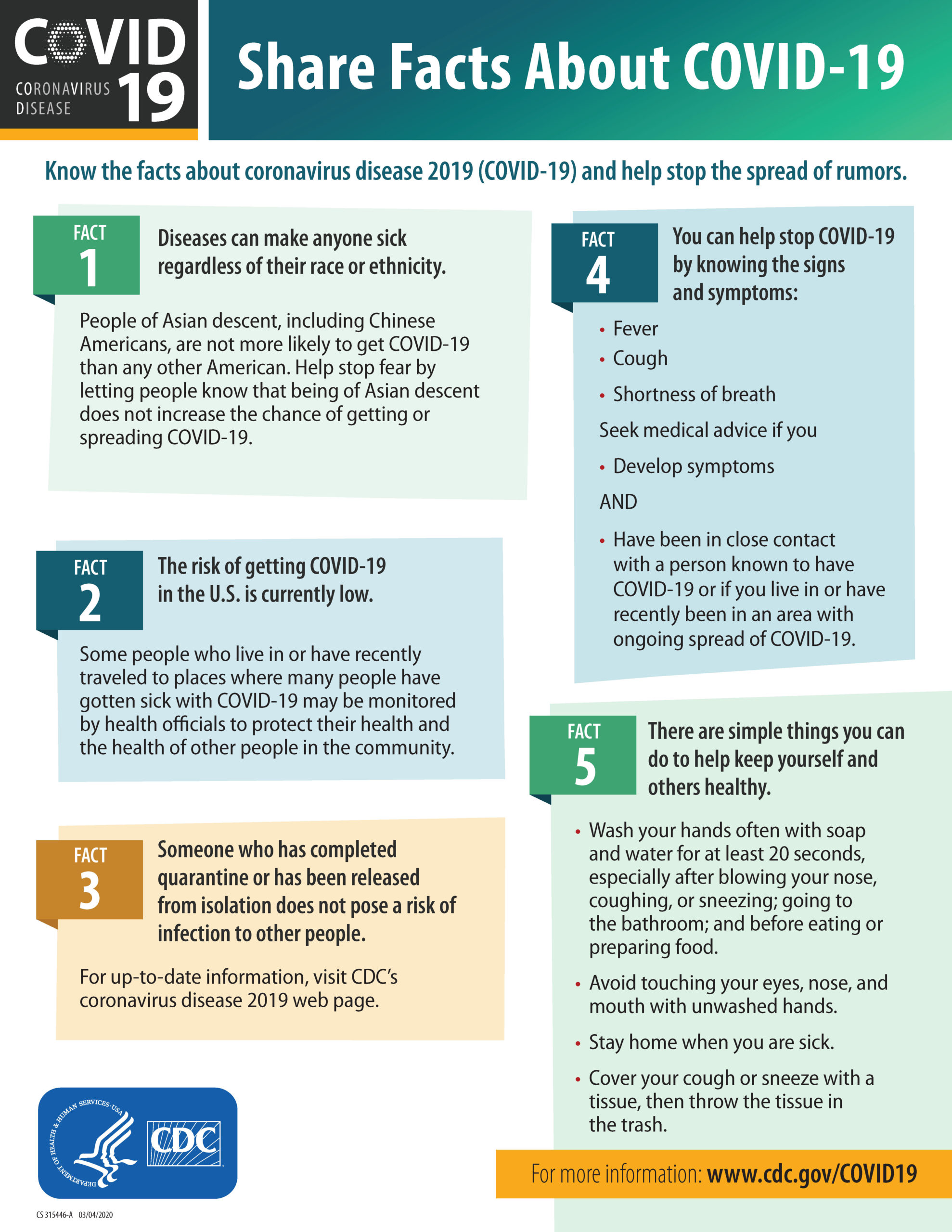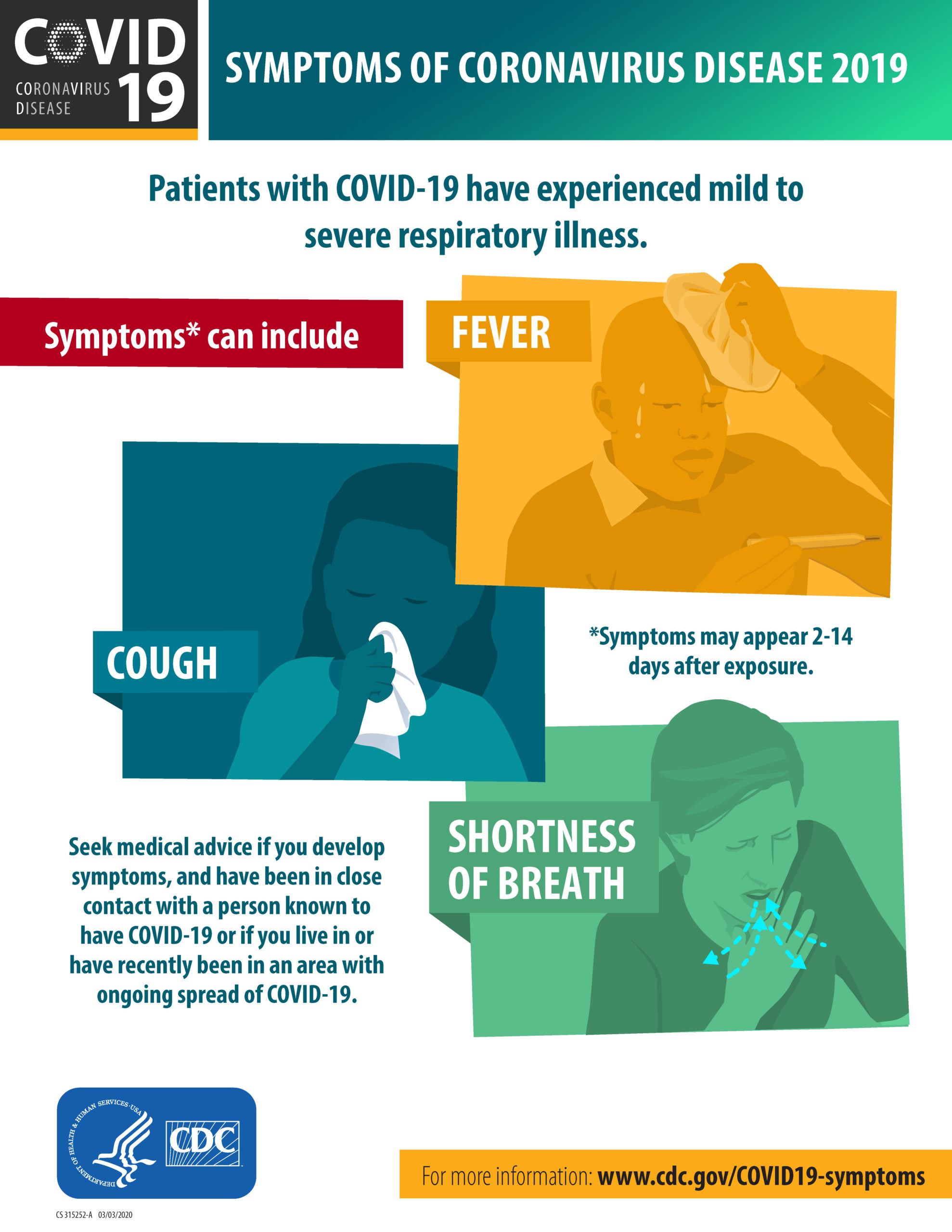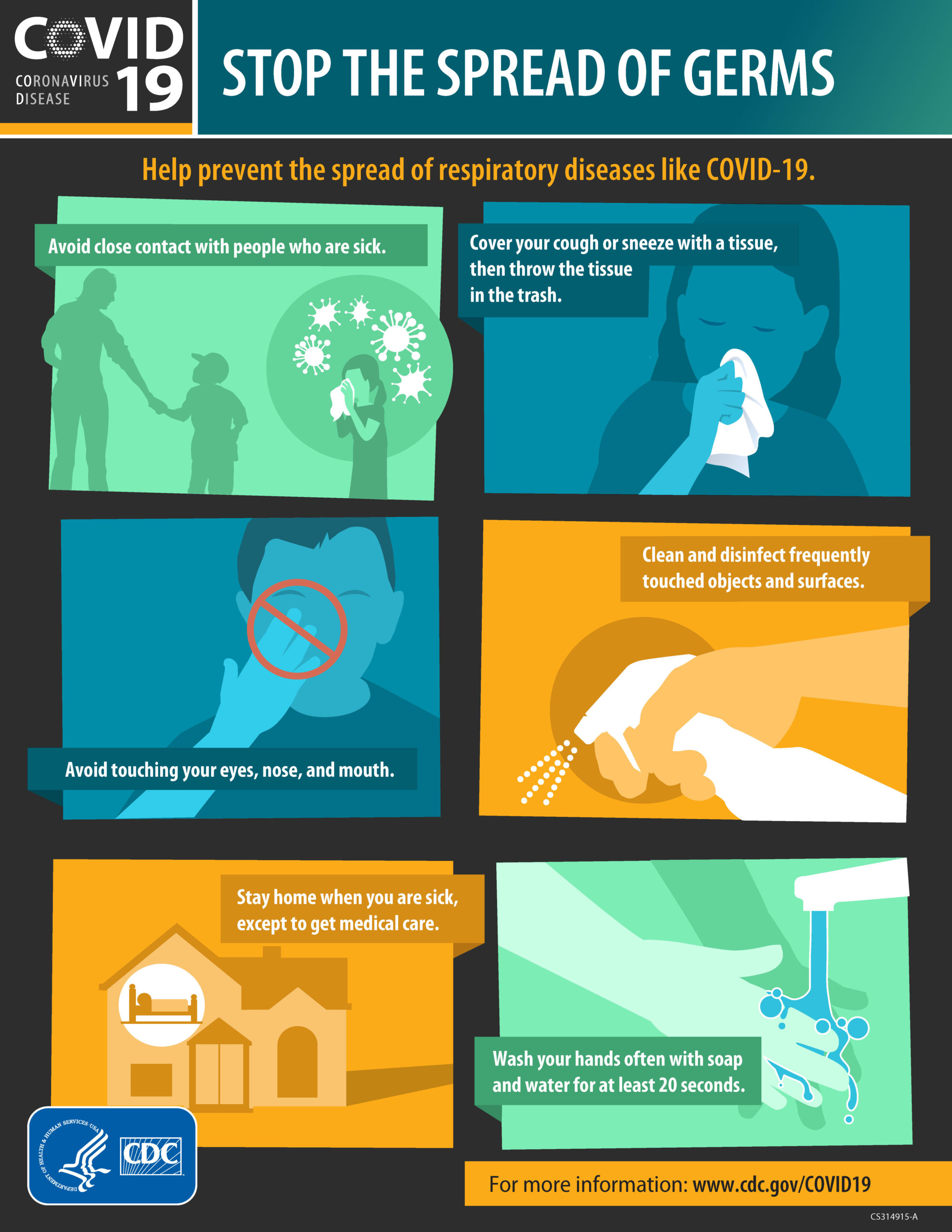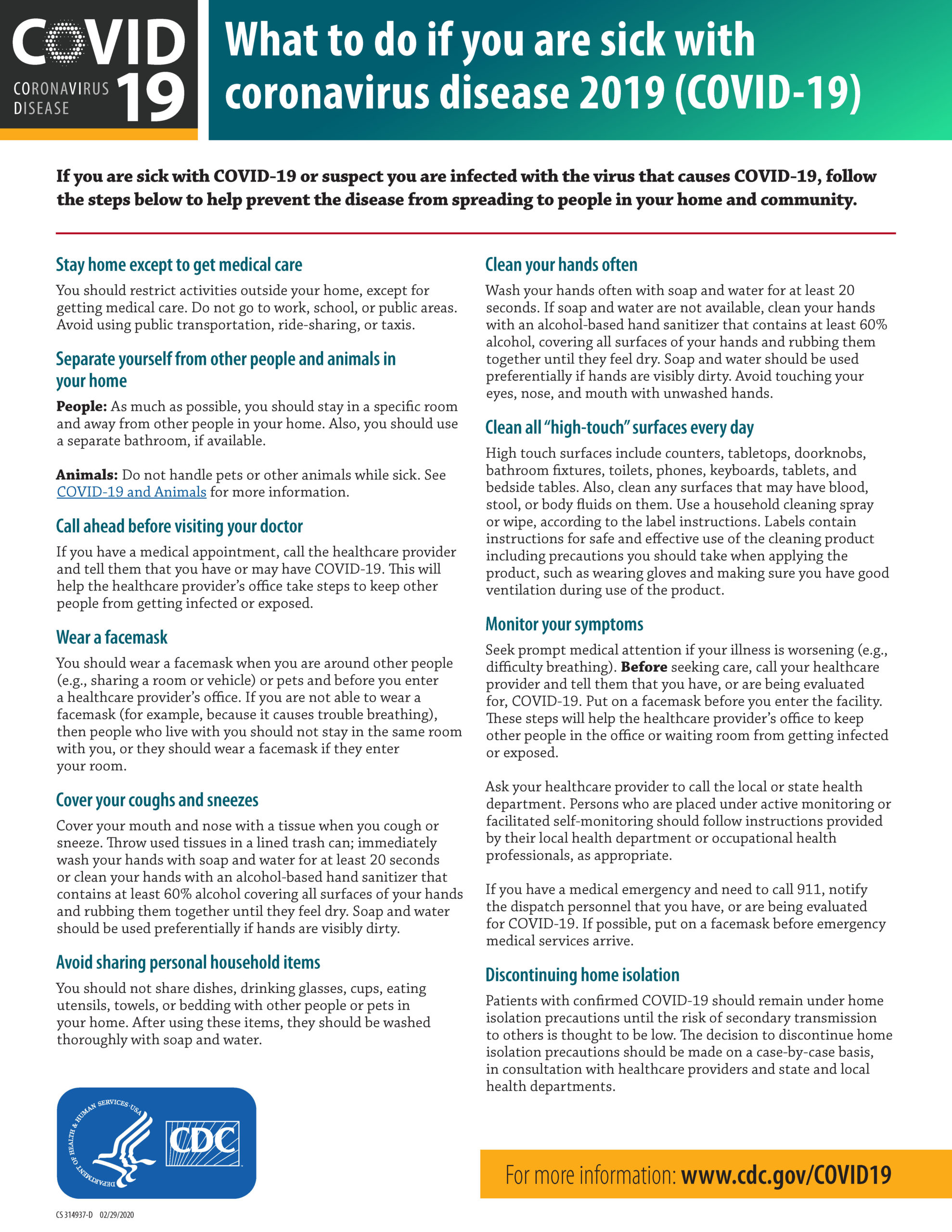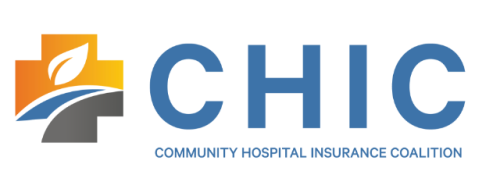Supreme Court Declines to Expedite ACA Case
Coronavirus and the Workplace – Compliance Issues for Employers
Coronavirus Resources: Fact Sheets and Info graphics
HHS Increases Civil Penalties for HIPAA Violations
Supreme Court Declines to Expedite ACA Case
The United States Supreme Court denied motions to expedite consideration of Texas v. Azar, the lawsuit challenging the constitutionality of the Affordable Care Act’s (ACA) individual mandate.
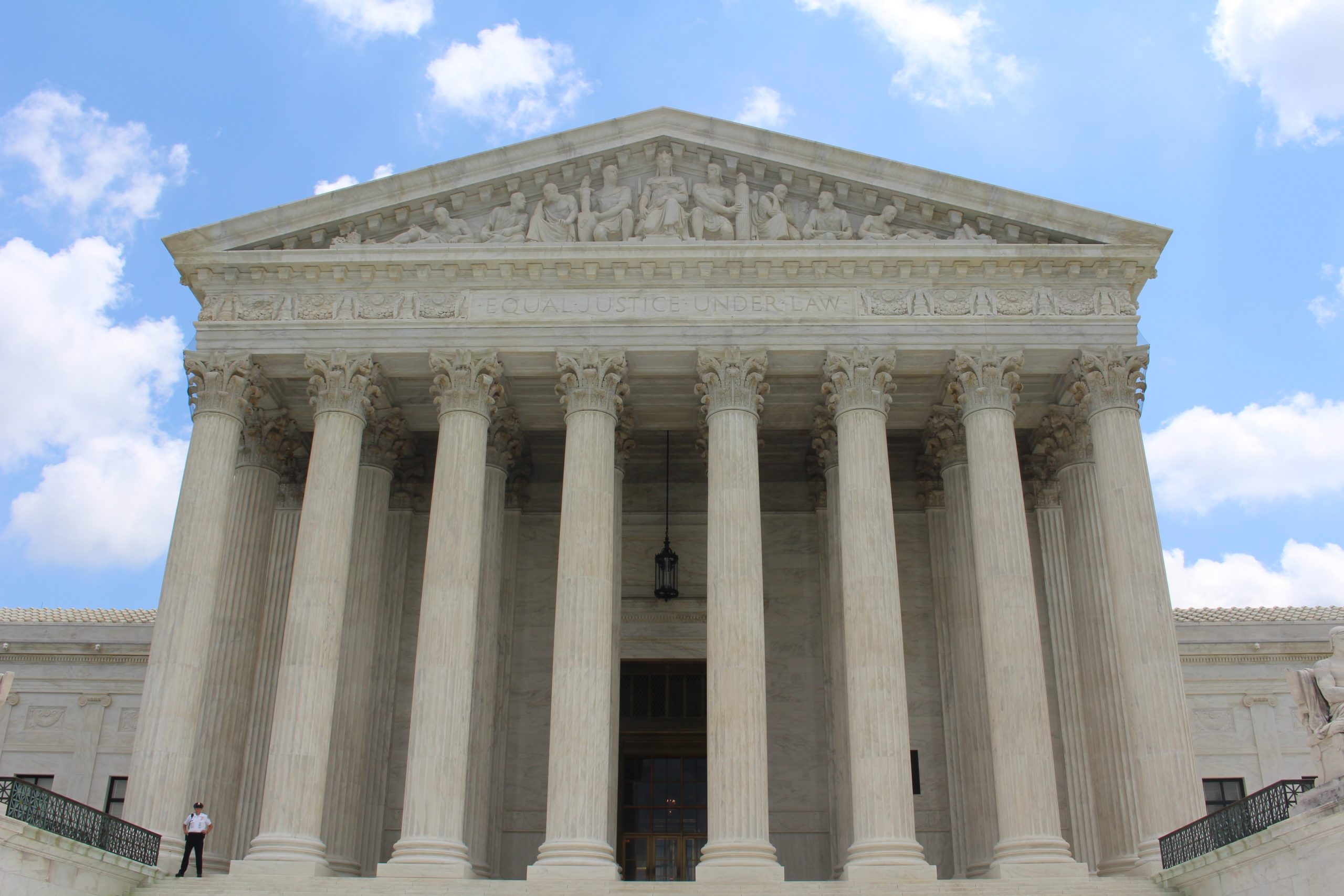
This decision follows a federal appeals court ruling that the individual mandate is unconstitutional due to the elimination of the individual mandate penalty in 2019. The appeals court remanded the case to the lower court to determine whether the rest of the ACA can remain in place without the individual mandate. However, the U.S. House of Representatives and several states asked the Supreme Court to take up the case before the lower court issued a ruling.
Because the Supreme Court declined to expedite the case, the lower court is now tasked with determining whether the rest of the ACA may be severed from the individual mandate provision.
The lower court’s ruling is expected to ultimately be appealed to the Supreme Court, and a final decision is not expected to be made until that time. It is likely that any ruling eliminating the ACA will be stayed pending appeal.
Coronavirus and the Workplace – Compliance Issues for Employers
As the number of reported cases of the novel coronavirus (COVID-19) continues to rise, employers are increasingly confronted with the possibility of an outbreak in the workplace.
Employers are obligated to maintain a safe and healthy work environment for their employees, but are also subject to a number of legal requirements protecting workers. For example, employers must comply with the Occupational Safety and Health Act (OSH Act), Americans with Disabilities Act (ADA) and Family and Medical Leave Act (FMLA) in their approach to dealing with COVID-19.
Highlights
COVID-19
The illness caused by the coronavirus can cause symptoms ranging from mild to severe. Cases are expected to spread throughout the United States.
Disease Prevention
Employers must maintain a safe work environment for employees. They may require employees to stay home from work if they are at risk of spreading the disease.
Legal Obligations
Employers must also consider their obligations under workplace laws.
Action Steps
There are a number of steps that employers can take to address the impact of COVID-19 in the workplace. In addition to reviewing the compliance concerns outlined in this Compliance Bulletin, employers should:
- Closely monitor the CDC, WHO and state and local public health department websites for information on the status of the coronavirus.
- Proactively educate their employees on what is known about the virus, including its transmission and prevention.
- Establish a written communicable illness policy and response plan that covers communicable diseases readily transmitted in the workplace.
- Consider measures that can help prevent the spread of illness, such as allowing employees flexible work options like working from home.
Information Resources
CDC
Coronavirus Disease 2019 (COVID-19) Situation Summary
World Health Organization
Coronavirus disease (COVID-19) advice for the public
OSHA
Safety and Health Topics: COVID-19
Coronavirus Resources: Fact Sheets and Info graphics
HHS Increases Civil Penalties for HIPAA Violations
The Department of Health and Human Services (HHS) recently published a final rule increasing the civil monetary penalties for violations of laws enforced by HHS, including the HIPAA privacy and security rules.
HHS is required to adjust these penalties for inflation each year to improve their effectiveness and maintain their deterrent effect. The new penalty amounts are effective for penalties assessed on or after Jan. 17, 2020.
2020 HIPAA Civil Penalties
- HHS may assess civil penalties when it discovers a HIPAA violation. The penalty amount depends on the facts involved.
- For violations where the covered entity does not know about the violation (and by exercising reasonable diligence, would not have known about the violation), the penalty amount is between $119 and $59,522 for each violation.
- If the violation is due to reasonable cause, the penalty amount is between $1,191 and $59,522 for each violation.
- For corrected violations that are caused by willful neglect, the penalty amount is between $11,904 and $59,522 for each violation.
- For violations caused by willful neglect that are not corrected, the penalty amount is $59,522 per violation, with an annual cap of $1,785,651 for all violations of an identical requirement


